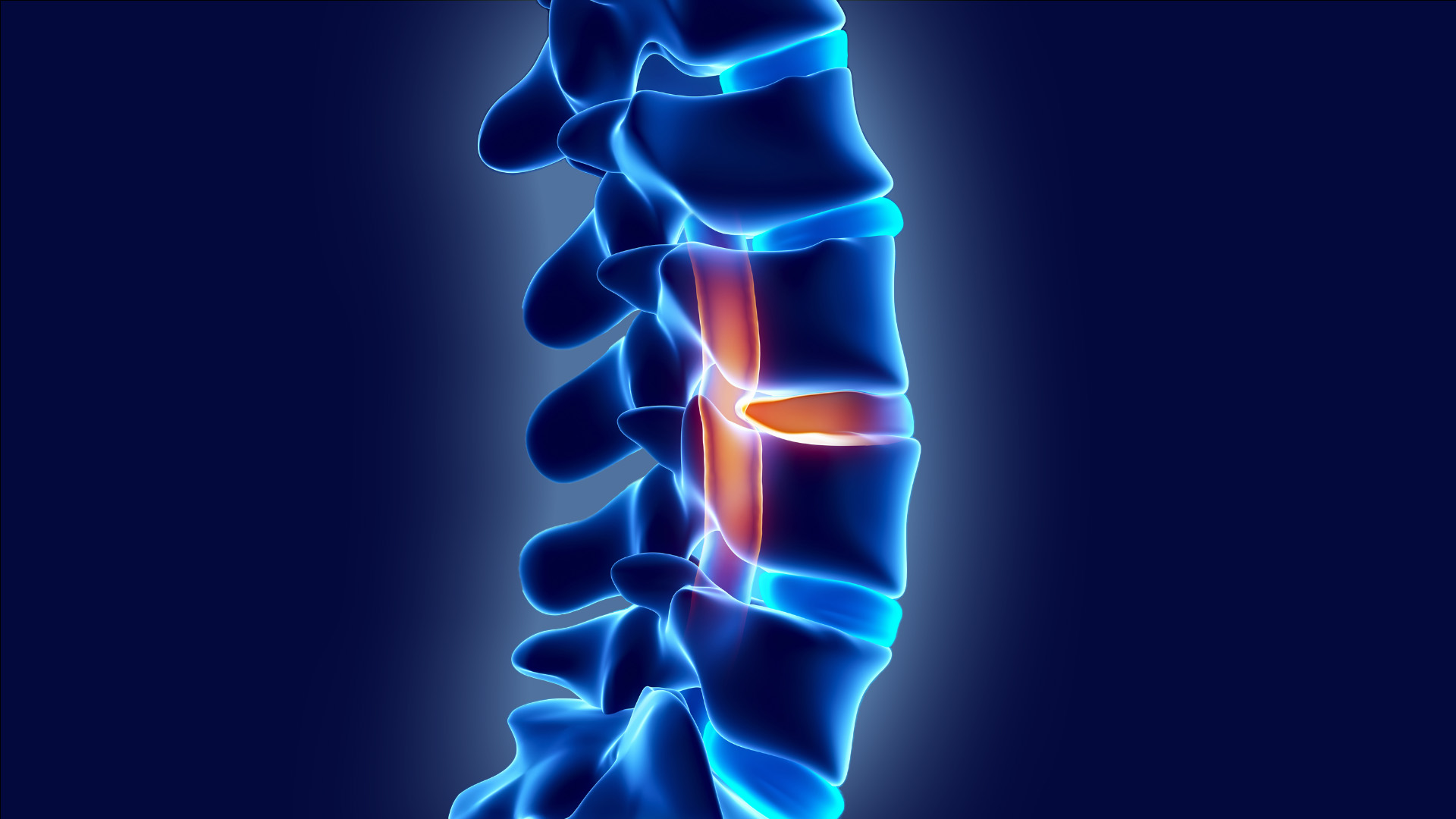
Sep
What to Do When You Have a Herniated Disc?
What to do when you have a herniated disc? This is a common question from new patients suffering from this condition. Our advice is to keep moving. In the past, doctors often recommended bed rest and minimal movement. However, research now shows that this approach can backfire. Prolonged inactivity can weaken the muscles in your back, leading to other back problems and worsening your overall condition instead of improving it.
What Can You Do If You Have a Herniated Disc?
In many cases, it’s a matter of being patient. For many people, symptoms tend to resolve on their own. How long does this take? It varies from person to person, but typically within 12 weeks.
During this interim period, the following steps are crucial:
- Stay Active: The less you move, the worse your symptoms can become. Lack of movement weakens your back muscles, potentially leading to more severe back pain.
- Take Medication: If the pain becomes unbearable, pain relief medication can help manage it.
- Avoid Painful Positions: Unlike other conditions where you may need to push through the pain, with a herniated disc, it’s important to avoid painful positions. Taking these positions won’t help recovery and will only increase your pain.
- Visit a Chiropractor: Seeing a chiropractor can be beneficial when dealing with a herniated disc.
Can a Chiropractor Treat My Herniated Disc?
Yes, a chiropractor can treat a herniated disc using various techniques. Chiropractic treatments aim to increase the space between the vertebrae, reducing pressure on the discs and improving spinal mobility. This can help alleviate and even eliminate your symptoms.
What Should I Do If My Herniated Disc Symptoms Worsen?
There are specific situations where you should contact your doctor immediately:
- You suddenly lose strength in your legs or can no longer stand on your heels or toes.
- You can no longer control your bowel or bladder.
- You are unable to urinate.
- You experience numbness in the area around your genitals or anus.
In these cases, it’s essential to seek immediate medical attention to prevent further complications.

Sorry, the comment form is closed at this time.